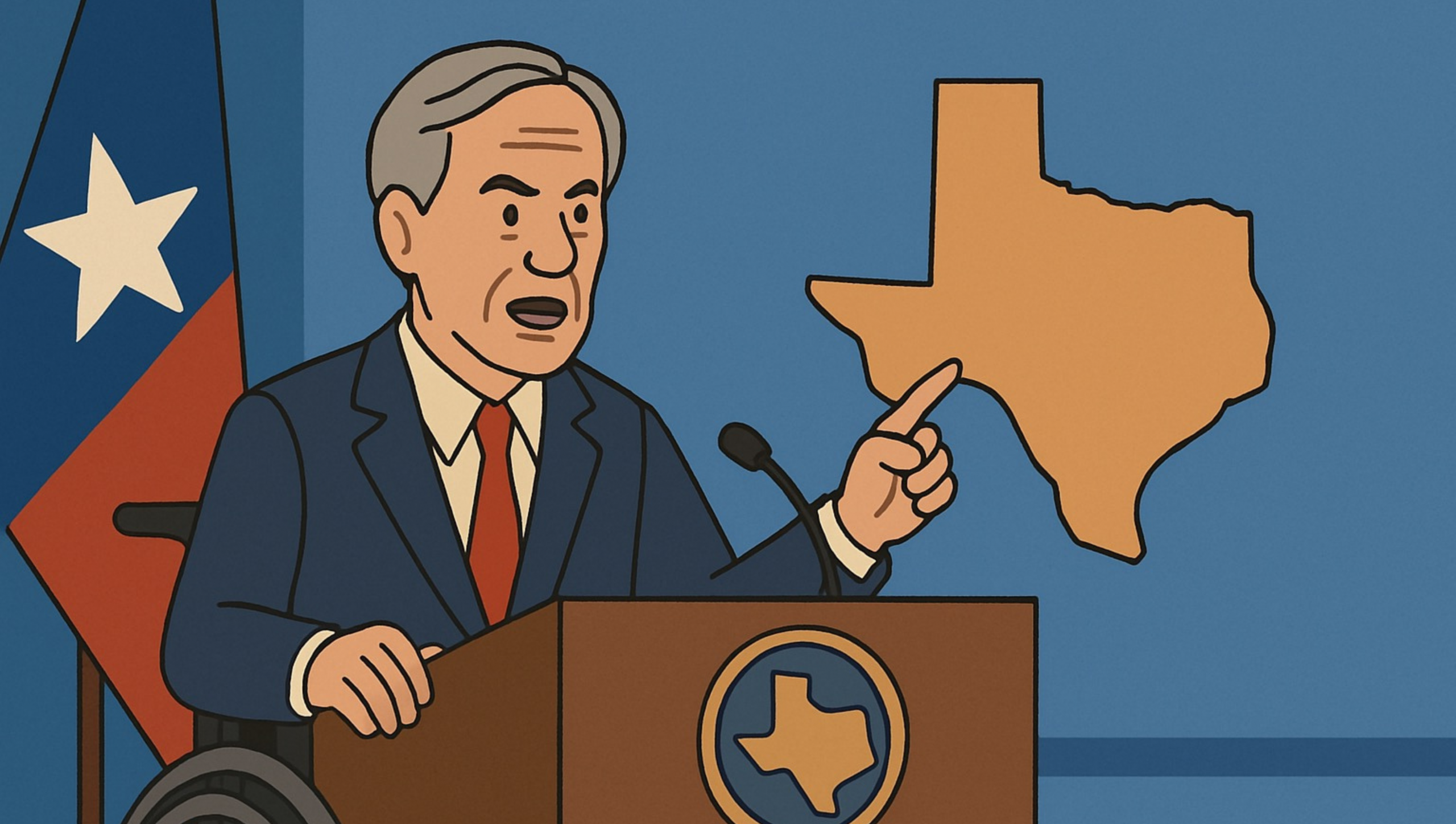The federal budget deficit has doubled from one year to the next a few times before. Usually, those occurrences happen in conjunction with economic bad news, something the current administration consistently says does not exist.
The Numbers Game
First off, let’s talk numbers. According to the Treasury Department, the federal government ran a $1.7 trillion deficit for fiscal 2023, which ended on September 30. That’s a significant jump from the $1.4 trillion deficit in 2022. However, these numbers don’t tell the whole story. The Committee for a Responsible Federal Budget points out an additional $300 billion in debt was incurred due to Biden’s student debt cancellations. So, the total deficit under Biden for fiscal 2023 is a whopping $2 trillion.
The Inflation Factor
One of the key drivers behind this ballooning deficit is inflation, or, more specifically, inflationary spending. The national debt is now roughly the size of the nation’s annual GDP, primarily due to increased government spending. Federal budget outlays for entitlement programs like Social Security, Medicare, and Medicaid have grown by 11%, 12%, and 4%, respectively, from last year.
The Federal Reserve’s Role
To combat inflation, the Federal Reserve has had to make some tough decisions. After over a decade of zero interest rate policy, the Fed was forced to increase the federal funds rate to over 5%. This move helped bring down near double-digit inflation to about 4%. However, this is still twice the central bank’s maximum target of 2%, indicating more work to be done.
The Cost of Borrowing
The increased interest rates have had a ripple effect on the federal budget. The government had to pay $184 billion more in net interest on the debt than it did last year. Additionally, $101 billion in increased payments went to depositors at banks that failed to hedge against rising interest rates.
Revenue and Stock Market Uncertainty
Inflation and the Fed’s actions have also impacted federal revenue. Bloomberg estimates that a majority of the deficit’s growth is due to decreased revenue. Income tax revenue fell by 9.3%, mainly because of lower capital gains than the previous fiscal year. Stock market uncertainty, fueled by the Fed’s monetary tightening and the White House’s regulatory policy, has also played a role.
A Warning from Creditors
If the government doesn’t slow down its spending, creditors may not continue to bankroll Uncle Sam without demanding a hefty premium. The nation’s fiscal situation was already precarious due to demographic trends and the structure of entitlements, but the current policies have accelerated the path to a fiscal crisis.
In summary, the federal budget deficit under Biden has doubled in just one year, not just because of the numbers on paper. Inflation, Federal Reserve policies, and decreased revenue are all contributing factors. It’s a complex issue that requires immediate attention.
Texans for Fiscal Responsibility relies on the support of private donors across the Lone Star State in order to promote fiscal responsibility and pro-taxpayer government in Texas. Please consider supporting our efforts! Thank you!
Get The Fiscal Note, our free weekly roll-up on all the current events that could impact your wallet. Subscribe today!




